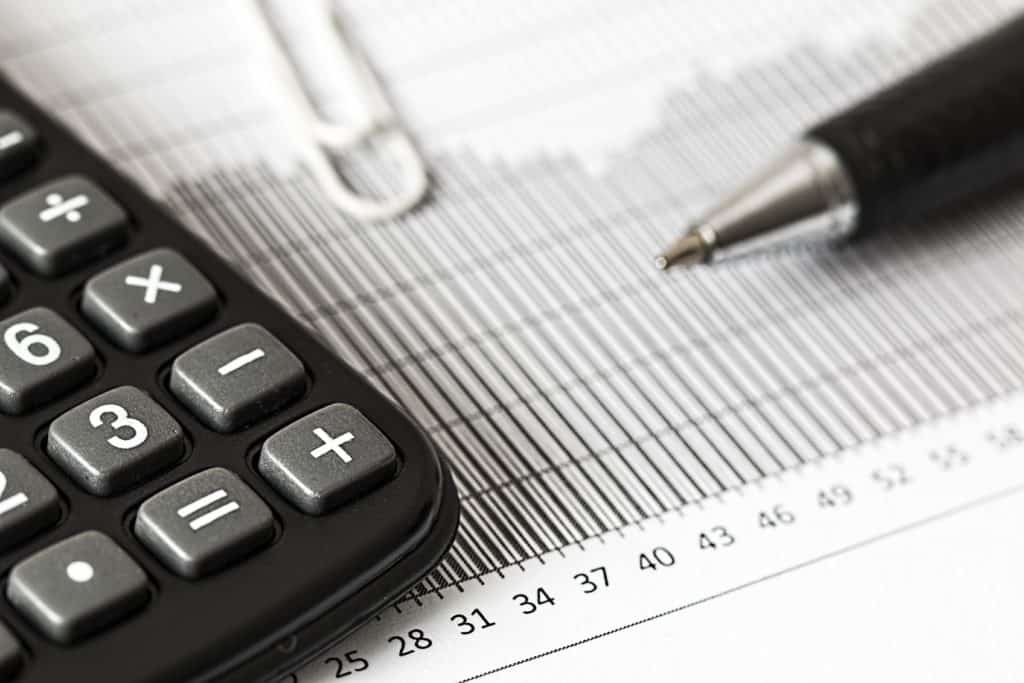
In 2017, the Australian government passed new legislation on goods and services tax (GST) in order to level the playing field between Australian goods and imported products. The legal reforms aim to ensure that both Australian goods and foreign low-value products are subject to the same tax regime.
There are two main kinds of taxes:
- GST on low-value imported goods: This applies to imported goods worth less than AUD 1,000, whether they are sold by Australian retailers or overseas retailers;
- GST on digital products and services: This applies to digital goods and services (e.g. music bought online or digital streaming services).
GST on low-value imported goods
What has changed?
As of 1 July 2017, GST on low-value goods applies to products sold by Australian retailers.
At present, goods imported from abroad that are priced below AUD 1,000 are exempt from GST. However, from 1 July 2018 onwards, Australian residents will have to pay an extra 10% on most types of products, regardless of their value.
The Treasury Laws Amendment (GST Low Value Goods) Act 2017 makes the following reforms:
- make supply of goods valued at AUD 1,000 or less at the time of supply connected with Australia if the goods are purchased by consumers and are brought into Australia with the assistance of the supplier;
- treat the operator of an electronic distribution platform (EDP) as the supplier of low-value goods if the goods are purchased through the platform by consumers and brought into Australia with the assistance of either the supplier or the operator;
- treat re-deliverers as the suppliers of low-value goods if the goods are delivered outside of Australia as part of the supply, and the re-deliverer assists with their delivery into Australia as part of a shopping or mailbox service that it provides under an arrangement with the consumer;
- allow non-resident suppliers of low-value goods that are connected with Australia to elect to access the simplified registration and reporting system; and
- prevent double taxation.
Learn more about the GST on low-value imported goods.
Who is affected?
Under the new law, you may need to register for and charge GST if you are:
- a merchant who sells goods;
- an operator of an electronic distribution platform (EDP), such as an online marketplace through which merchants sell goods; or
- a re-deliverer that helps to bring goods to Australia.
This will affect e-commerce platforms that are not Australian. For instance, China-based companies that sell goods worldwide through global e-commerce platforms such as Amazon or eBay may have to adjust prices for consumers in order to take into account this new tax.
Businesses that meet the AUD 75,000 registration threshold will need to take action to review their business systems to determine how the tax will be collected and ensure that they are able to comply.
Related reading: Essential Legal Considerations for Online Marketplaces
What do you need to do?
If your business meets the AUD 75,000 registration threshold, you will need to:
- register for GST;
- charge GST on sales of low-value imported goods (unless they are GST free); and
- lodge returns with the Australian Tax Office.
GST on imported services and digital products
What has changed?
As of 1 July 2017, GST applies to sales of services and digital products imported to Australian consumers.
Learn more about GST on imported services and digital products.
Who is affected?
Overseas businesses that meet the AUD 75,000 registration threshold should consider whether they need to register for GST. This includes:
- merchants who sells imported services or digital products to Australian consumers; and
- operators of an electronic distribution platform (EDP) or online marketplace, such as an app store that supplies imported services or digital products to Australian consumers.
What do you need to do?
If you are an overseas business that meets the AUD 75,000 registration threshold, you will need to:
- register for GST;
- charge GST on sales of low value imported goods (unless they are GST-free); and
- lodge returns with the Australian Tax Office.







